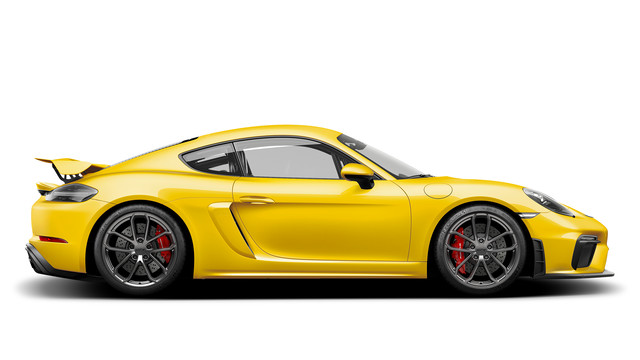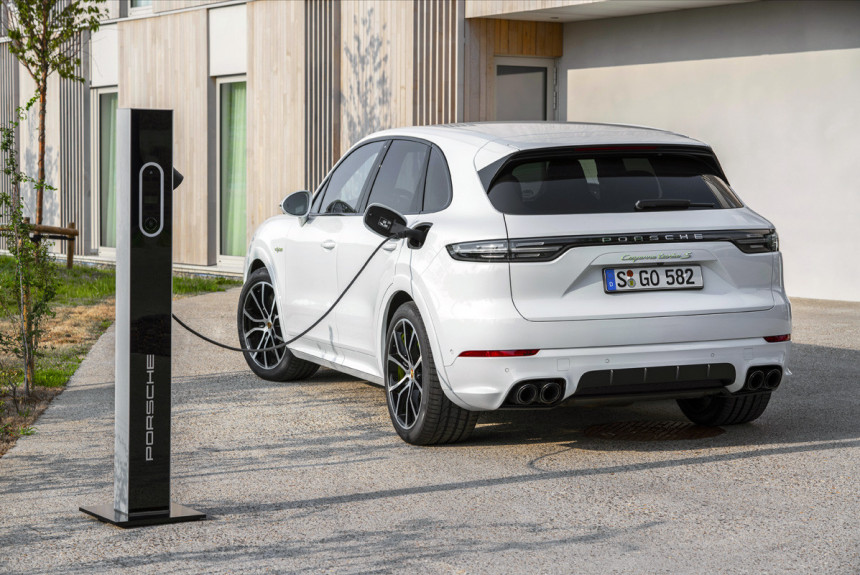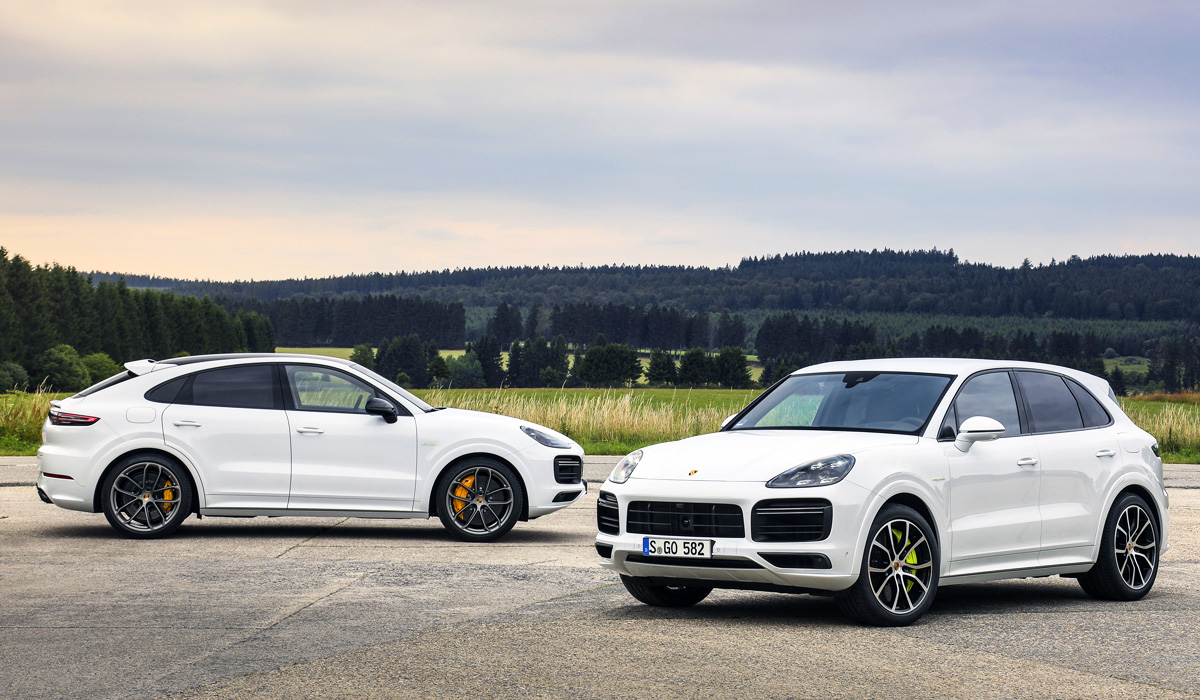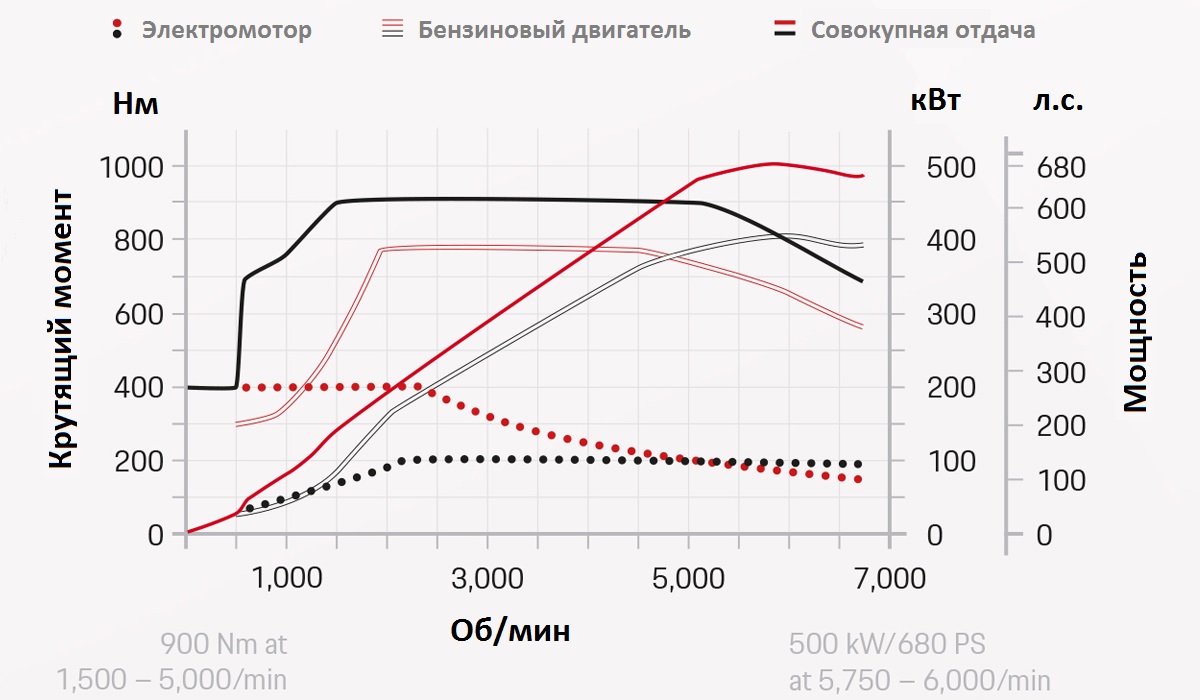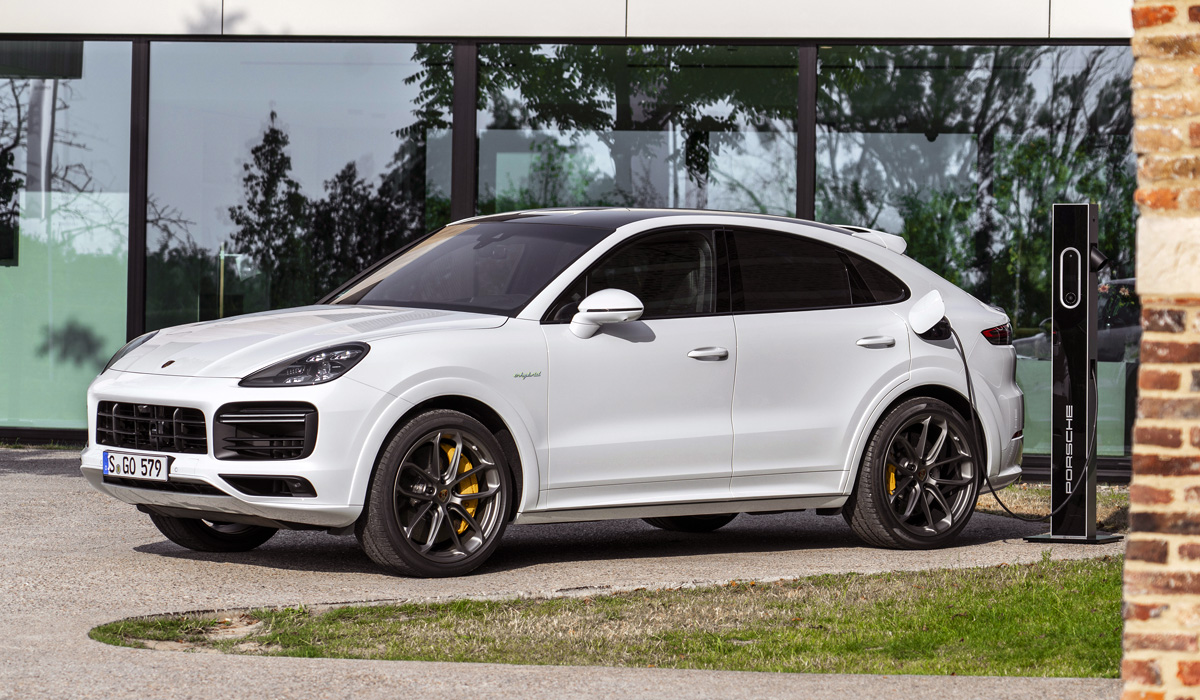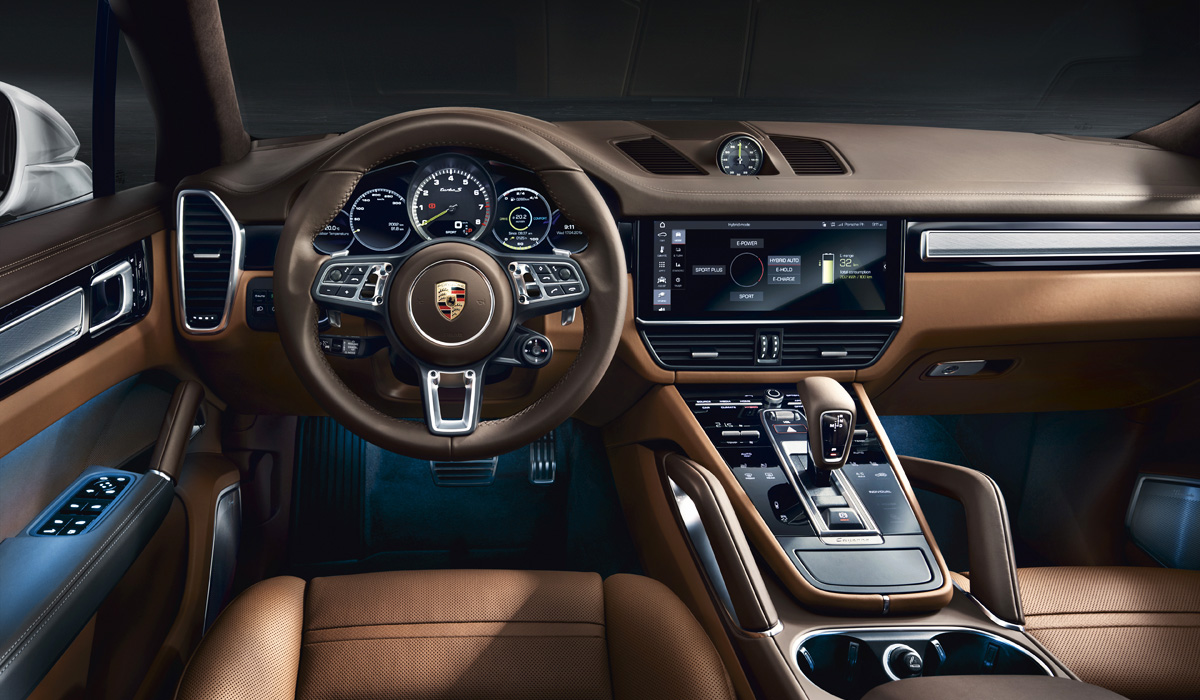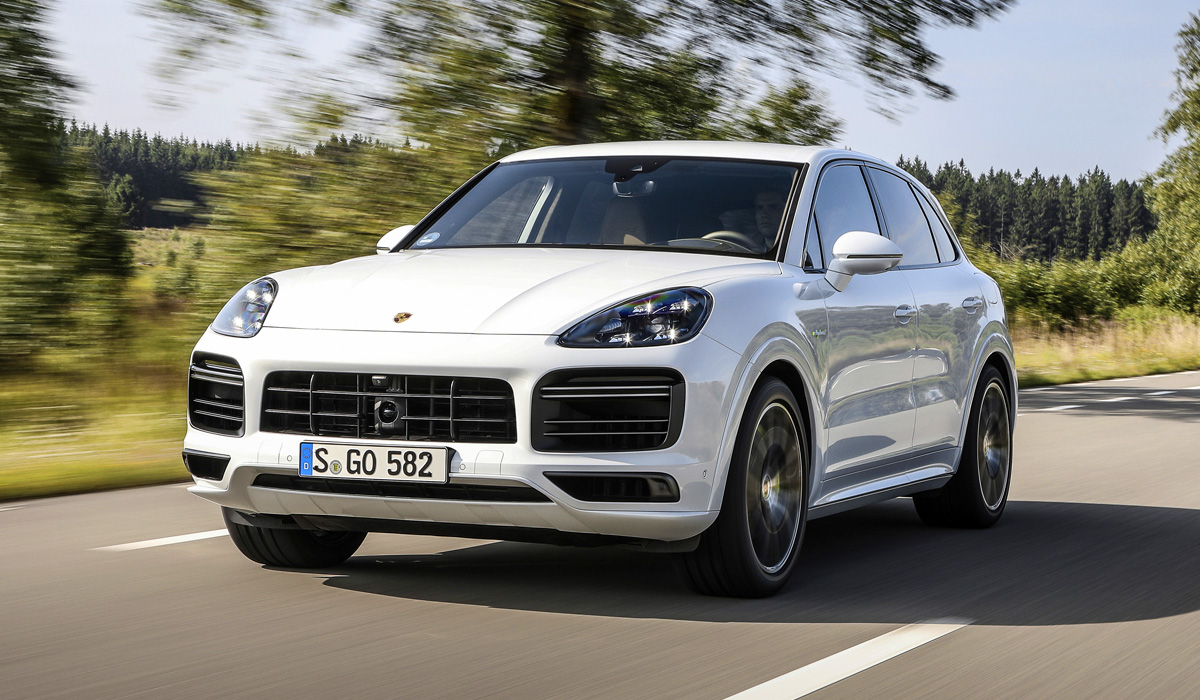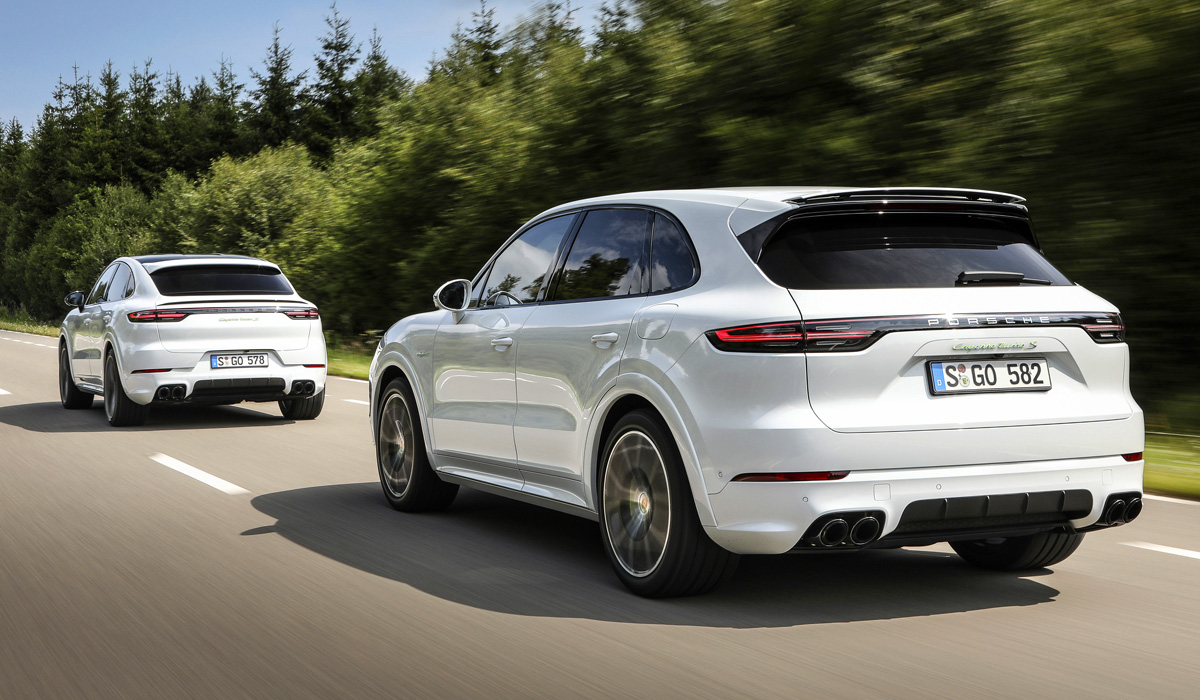- All Models
- 718 Models
- 718 GT4
- 718 Spyder
- 718 GT4 RS
- 718 Spyder RS
- 911 & Models
- 911 Models
- 911 GT3 Models
- 911 GT3 RS
- 911
- 911 S/T
- Cross Models
- Sport Models
- Models
- Models
- Models
- Models
- Consumption and Emissions.
- More about
- Представлен самый мощный Porsche Cayenne: 680 сил!
- Models
- Models
- Models
- Drive and chassis.
- Active Suspension Management (PASM).
- Adaptive air suspension.
- Chassis.
- Brakes.
All Models
Your filter criteria did not provide a suitable result.
718 Models
718 GT4
718 Spyder
718 GT4 RS
718 Spyder RS
911 & Models
911 Models
911 GT3 Models
911 GT3 RS
911
911 S/T
Cross Models
Sport Models
Models
Models
Models
Models
Consumption and Emissions.
More about
* All new vehicles offered by are type-approved according to WLTP. Official NEDC values derived from WLTP values are no longer available for new vehicles as of 1 January 2023 and can therefore not be provided.
Where values are indicated as ranges, they do not refer to a single, specific vehicle and are not part of the offered product range. They are only for the purposes of comparison between different vehicle types. Additional equipment and accessories (add-on parts, tyre formats etc.) can change relevant vehicle parameters such as weight, rolling resistance and aerodynamics. These factors, in addition to weather, traffic conditions and driving behaviour, can influence the fuel/electricity consumption, CO₂ emissions, range and performance values of a vehicle.
More information about the differences between WLTP and NEDC is available at www.porsche.com/wltp.
** Important information about the all-electric models can be found here.
Представлен самый мощный Porsche Cayenne: 680 сил!
Игорь Владимирский
В семействе Porsche Cayenne третьего поколения очередное пополнение: свет увидела топ-версия Turbo S — одновременно в «традиционном» и купеобразном вариантах. Однако теперь полное название этих машин выглядит так: Porsche Cayenne Turbo S E-Hybrid. Как и в случае с Панамерой, флагманом стал гибрид.
Под капотом расположен битурбомотор V8 4.0, который выдает те же 550 л.с., что и у обычной модификации Turbo: прибегать к форсировке инженеры не стали. Но вдобавок между бензиновым двигателем и восьмиступенчатым «автоматом» установлен синхронный электромотор мощностью 136 л.с. (тот же, что и у младшей версии Cayenne E-Hybrid). Пиковая отдача силовой установки — 680 л.с. и 900 Нм против 570 л.с. и 800 Нм у чисто бензиновой версии Turbo S прошлого поколения.
У стандартной системы Sport Chrono Package есть три режима (Hybrid Auto, Sport и Sport Plus), но в любом случае электрический двигатель вступает в работу с самого начала движения. А в наиболее экстремальном режиме Sport+ допускается почти полный разряд аккумулятора, лишь бы электромотор до последнего показывал заявленную отдачу.
Литий-ионная тяговая батарея с системой жидкостного охлаждения расположена под полом багажника, емкость — 14,1 кВт∙ч. Зарядка от бытовой розетки длится шесть часов, а от 400-вольтового терминала — почти два с половиной часа. В чисто электрическом режиме с полностью заряженной батареей Cayenne Turbo S E-Hybrid может проехать до 40 км (43 км у Coupe) и разогнаться до 135 км/ч. Турбомотор подключается с помощью отдельного сцепления, а заявленный средний расход топлива — невероятные 3,7—3,9 л/100 км в зависимости от шин.
Топ-версия уже «в базе» имеет систему Porsche Torque Vectoring Plus с электронноуправляемой блокировкой заднего дифференциала, пневмоподвеску с активными стабилизаторами, колеса диаметром 21 дюйм, а также углерод-керамические тормоза. Но за подруливающий механизм задних колес все равно придется доплачивать.
В итоге гибридный кроссовер снаряженной массой 2490 кг (Coupe еще на 45 кг тяжелее) может разогнаться до 100 км/ч за 3,8 с, максимальная скорость — 295 км/ч. То есть превосходство над исходной версией Turbo (3,9 с, 286 км/ч) невелико. Для сравнения: показатели бензиновой машины прежнего поколения — 4,1 с и 284 км/ч. При этом в электрическом режиме новый Cayenne может разогнаться до 60 км/ч за 6,6 с.
Одновременно в гамму добавлен кроссовер Porsche Cayenne E-Hybrid Coupe — «младший» шестицилиндровый гибрид с купеобразным кузовом. Отдача его силовой установки — 462 л.с. и 700 Нм. Он может разогнаться до «сотни» за 5,1 с, набрать 253 км/ч, а в случае необходимости проехать в электрическом режиме до 43 км. Таким образом, если учесть четырехцилиндровый E-Hybrid для Китая, в семействе Porsche Cayenne теперь шесть гибридных версий с разными типами кузова.
Новые флагманские модификации уже можно заказать у дилеров. Porsche Cayenne Turbo S E-Hybrid стоит минимум 12 млн 342 тысячи рублей (почти на 2 млн дороже версии Turbo), а Cayenne Turbo S E-Hybrid Coupe ― не менее 12 млн 863 тысяч. За менее мощный вариант Cayenne E-Hybrid Coupe просят от 7 млн 958 тысяч рублей.
Models
With 64,000 camera-controlled pixels, the HD matrix LED headlamps with innovative pixel LED technology react to every driving situation with light distribution adapted to the situation. For example, the glare-free high beam, illumination of the exact driving lane, mapping of the vehicle width in construction zones and narrow areas, as well as the fog-optimised dipped beam and rain light ensure greater safety and a high level of comfort.
Standard 20-inch and other 21- and 22-inch wheels optimise handling with a new tyre size. Fundamental revisions to the chassis and a new adaptive air suspension ensure both greater comfort and increased performance. Active Suspension Management (PASM) is included in all the models.
The panoramic fixed glass roof of the models makes a real statement: it generously covers the entire passenger compartment. It boasts a modern, open look and floods the interior with light. This creates a unique feeling of space, especially for the passengers in the rear. If necessary, the glass roof can be concealed by an integrated electrically operated sunblind.
The models feature Active Aerodynamics (PAA). With an extension of 135 mm, the adaptive rear spoiler provides the perfect downforce for every driving situation.
An electrically extendable trailer hitch is available as an option for the models. It can be operated at the push of a button and offers a maximum of 3.500 kg braked and 750 kg unbraked towed weight as well as a maximum hook load of 140 kg.
Depending on the model and equipment, the spacious luggage compartment offers up to 592 l storage volume. The luggage compartment can hold up to 1.502 l thanks to the 40:20:40 folding rear seats. The cargo management is available on request: a variable system for the secure transport of items in the luggage compartment. It includes two attachment rails integrated into the floor of the luggage compartment and a partition net.
Models
Typically driver-oriented in the style of the new Driver Experience: the digital instrument cluster with a 12.65-inch curved display places the displays concisely in the field of vision. Various display formats can be selected: typical round instruments, map section in the central round instrument, full area navigation map, reduced view and the optional view with Night Vision Assist in the centre.
While the instrument cluster and the central display are tailored to the driver’s seat, the optional 10.9-inch touchscreen display is on the passenger side. It provides access to navigation and infotainment functions, among others. It can provide assistance with route planning as well as insight into the data of the instrument cluster.
A stands for lived experience. The Driver Experience display and control concept gives new expression to this conviction: with new steering wheels that also integrate the operation of the assistance systems and other modes. With an engine start/stop button that sits where the ignition lock was traditionally found in a . And with a fully digital instrument cluster. For more focus on driving.
In the models, the ergonomically shaped sports seats in the front with raised side bolsters and integrated head restraints combine dynamic driving and outstanding seat comfort. With the help of electrical adjustment options (8-way), the seat system adapts optimally to the respective body shape. The seat height, seat cushion and backrest angles and fore/aft position are electrically adjustable.
Like the front seats, the two sports rear seats are designed with higher side bolsters. The system can be folded in the ratio 40: 20: 40 and has 10 backrest angle adjustment positions (up to 29 degrees). Between the sports rear seats, a central storage compartment and a fold-out centre armrest with two cup holders add to the comfort. A 2+1 comfort rear seat system is also available as an option.
Models
The S is powered by a newly developed 4.0-litre biturbo V8 engine with a maximum power output of 349 kW (474 PS) and a drag torque of 600 Nm. V8 engines stand for exceptional power output, high drag torque, low-vibration operation and a characteristic sound.
Drive and chassis.
Active Suspension Management (PASM).
PASM is an electronic damping control system that is standard on all models. It actively and continuously controls the damping force according to the road conditions and driving mode. For reduced bodyshell movements and thereby more comfort on all seats. Four settings are available: ‘Normal’, ‘Sport’, ‘Sport Plus’ and ‘Off-road’.
Adaptive air suspension.
The enhanced adaptive air suspension with full load-bearing air-spring struts in 2-chamber technology allows for an even greater combination of comfort and sportiness while at the same time maintaining the same ride comfort. The level system helps to maintain a constant ride height. By adjusting the height of the chassis, the ground clearance can be varied as required, for example during off-road use. The rear end can also be lowered for easier loading of the luggage compartment.
Chassis.
Whether you’re in the driver’s seat or a passenger: driving a should feel like a sport while still offering great comfort. The models manage this balancing act effortlessly: thanks to the enhanced chassis and technologies that adapt the chassis even better to the intended use — such as off-road use. Examples include the adaptive air suspension, the Dynamic Chassis Control (PDCC) for active roll stabilisation and the rear-axle steering.
Brakes.
That’s why all models are equipped with a brake system with six-piston aluminium monobloc fixed callipers at the front and four-piston aluminium monobloc fixed callipers at the rear. The one-piece, closed construction results in a very high dimensional stability. The pressure point is precise and the braking distance is impressively short.








